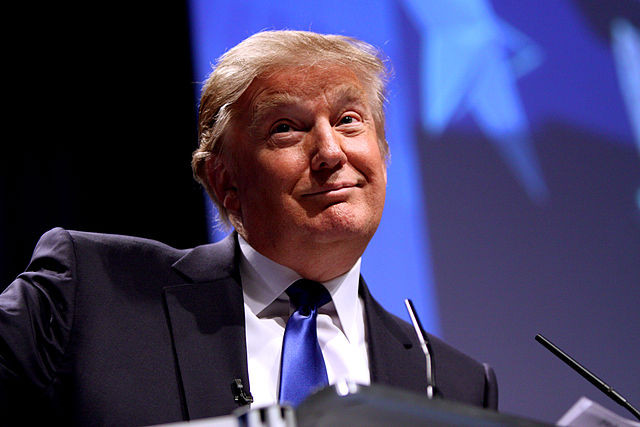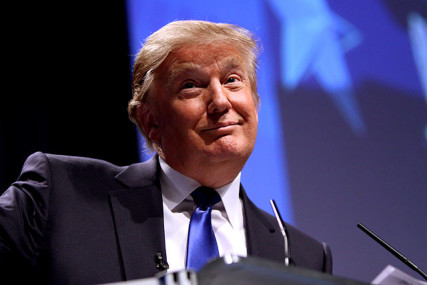On Saturday, Donald Trump might have blown any chance he had to get the GOP nomination for president because he revealed the lack of two character qualities essential for anyone in public life: verbal discipline and humility.
In saying that Senator John McCain was really only a war hero because he was captured, and “I like people who weren’t captured,” Trump was both unkind and unwise. He was unkind in denigrating the service and suffering of thousands of Americans who have been prisoners of war. He was unwise in alienating a significant part of the American public and in calling attention to his own deferrals from service in Vietnam.
Then, of course, there was the issue of whether Mr. Trump could bring himself to apologize. Over the weekend he could not manage to do that. Monday night on the O’Reilly show he said this: “If there was a misunderstanding, I would totally take that back. but hopefully, I said it correctly and certainly, shortly thereafter, I said it correctly.” This is an especially lame non-apology that will be taught in communications classes about what not to do.
If there is any value whatsoever to our two-year-long presidential election campaigns, it may be that sometimes the spotlight reveals fatal flaws that knock candidates out long before they can get close to the nation’s highest office. And often, it is simply the words that come out of people’s mouths that do it.
I love this line from Jesus in Luke 6:45: “The good person out of the good treasure of the heart produces good, and the evil person out of evil treasure produces evil; for it is out of the abundance of the heart that the mouth speaks” (New Revised Standard Version). We say what comes out of our hearts. Whatever is most abundant there gets revealed.
Sometimes especially when the TV cameras are on. Clearly, some people find media interest a dangerous intoxicant. Surround a person with cameras, reporters, and microphones, and they lose whatever verbal discipline they might ever have had. Then, if they lack humility, they compound their problems by being unwilling to apologize for what they said while reporter-intoxicated.
Not that an apology can undo words once they have been spoken. For those “who aim bitter words like arrows, shooting from ambush at the blameless” (Psalm 64:3) do not get to take those arrows back. That is why the clever book of Proverbs says that “the prudent are restrained in speech”; in contrast, “whoever utters slander is a fool” (Proverbs 9:18-19). And then there is this most appropriate saying: “Whoever belittles another lacks sense, but an intelligent person remains silent” (Proverbs 11:12).
I started my teaching career in 1993. My seminary was a politically charged environment with deep theological and moral divisions. I learned early on that what I said in class was monitored by people to my left and to my right and everywhere else. I came to assume that every word was public and could be used against me. I also had early media experience and learned how dangerous encounters with reporters can be. (Sorry, media friends.)
This marked my early professional development profoundly. I made it my goal to never, ever say a word that I would not be comfortable having recorded and could not defend if it appeared in print, and to speak with such clarity that I simply could not be misunderstood. This was an oppressive context in which to learn my craft but it did teach me pretty serious verbal self-discipline.
Such lessons stayed with me: Be centered. Measure your words. Don’t be rash. Stay silent when necessary. Don’t be intoxicated by media. Aim never to say anything accidentally or as an emotional reaction.
I had learned that “whatever you have said in the dark will be heard in the light, and what you have whispered behind closed doors will be proclaimed from the housetops” (Luke 12:3).
And that: “You will have to give an account for every careless word you utter; for by your words you will be justified, and by your words you will be condemned” (Matthew 12:36-37).
We do not want a president who lacks verbal self-discipline and humility. The same holds true for just about any other position of leadership, and really, for a well-lived life in general. In the end, character trumps everything.






